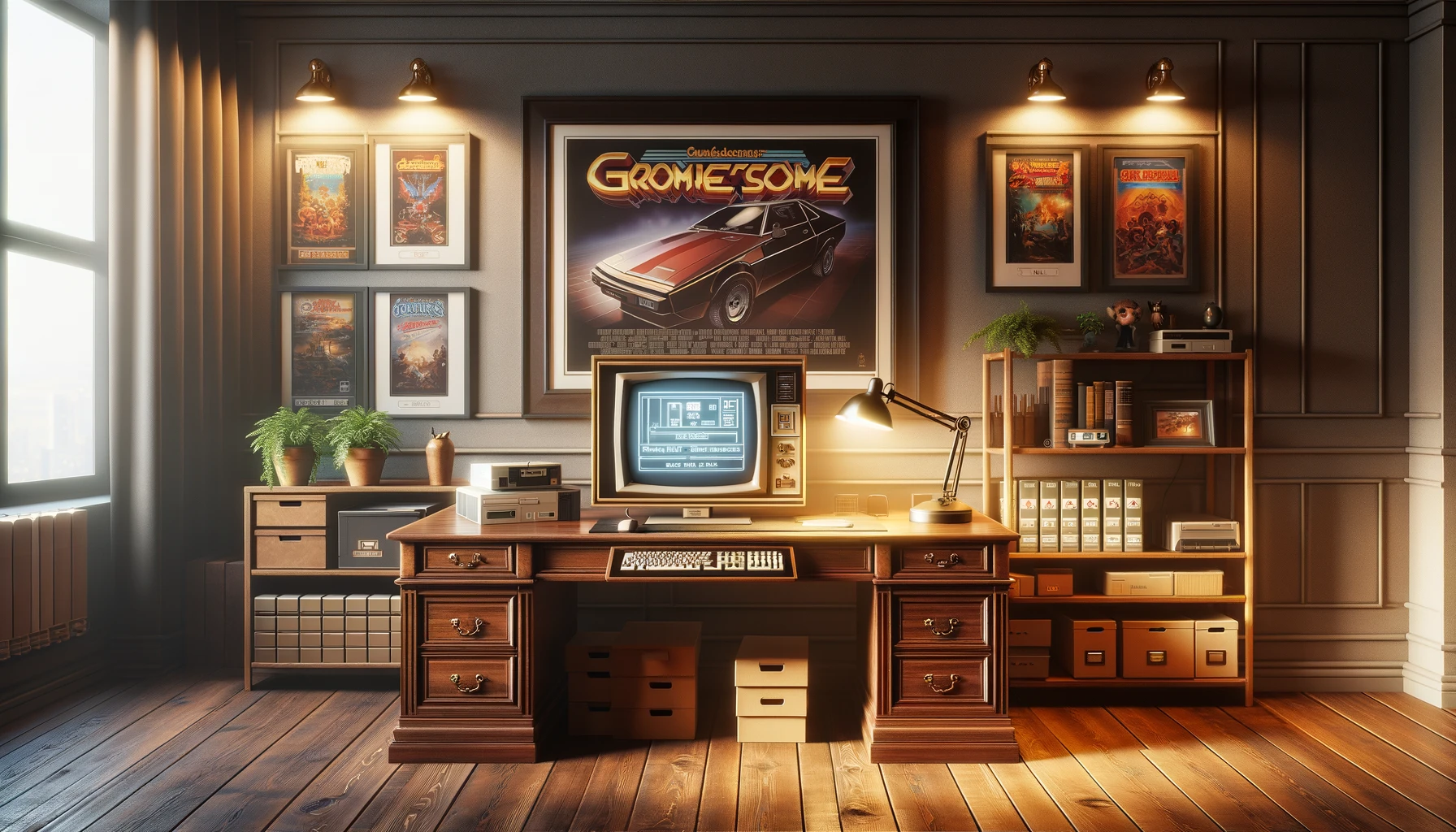In an unexpected yet definitive turn of events, the revival of the once-popular Friday the 13th: The Game has encountered a critical setback. Plans for the game’s resurrection, which had gathered a significant following and anticipation among fans, came to an abrupt halt when legal barriers proved insurmountable. Despite the developers’ aspirations and the community’s support for the comeback, a cease-and-desist order has placed the project in jeopardy, raising questions about the complexities of intellectual property rights in the gaming industry.
Historical Disputes and Development Halt
The tumultuous journey of Friday the 13th: The Game has been marked by a series of legal and operational obstacles. Launched amid much fanfare, the game suffered an early disruption when legal disputes over ownership rights surfaced, leading to a cessation of development. Subsequent efforts to maintain the game’s operations proved futile as dedicated server support was terminated and game sales ceased due to the expiration of the license. Despite its challenges, the game held a special place in the hearts of fans, praised for its engaging gameplay and potential beyond technical issues.
Renewed Efforts and Sudden Cancellation
In a twist reminiscent of the game’s slasher film theme, mod makers announced “Friday the 13th: The Game – Resurrected,” promising a relaunch that included existing content along with new additions. Hopes were raised with the announcement of a release date and the availability of the mod on their Discord server. However, the project’s legitimacy was short-lived as a cease-and-desist letter from Horror Inc., the copyright holder, highlighted unauthorized use of the game’s intellectual property. The potential fines, amounting to $150,000 per infringement, left the mod team with no choice but to concede defeat.
Community Reaction and Developer Response
The cancellation announcement on Twitter bore a tone of defeat and frustration, as the mod team expressed their disappointment over the legal action and the apparent disregard for the franchise’s legacy by Horror Inc. The fan project, while ambitious, encountered the stark reality of copyright laws, leading to the disbandment of the game’s revival efforts. The developer’s representative revealed their failed attempts at seeking approval and hinted at the team’s intention to move on to other ventures.
Looking at recent developments in the gaming industry, IGN’s article “The Complexities of Modding Games: A Legal Perspective” and Polygon’s “Fan Projects and Copyright: Navigating the Uncharted Territories” provide additional insights into the challenges faced by mod communities. These articles discuss the delicate balance between fan creations and copyright law, highlighting cases where developers either support or retaliate against such projects. The situation with Friday the 13th: The Game aligns with these broader industry trends, showing the risks modders face in reviving or altering existing gaming titles without explicit permission.
Useful information for the reader
- Modding can lead to legal challenges without proper licensing.
- Community support may not protect against copyright infringement.
- Ending projects can pivot developers towards new creative directions.
The collapse of the Friday the 13th: The Game revival highlights a clash between copyright enforcement and community-driven efforts to keep beloved games alive. The mod team’s experience serves as a cautionary tale for similar revival projects, underscoring the importance of obtaining appropriate rights and permissions. While the game’s fans mourn the loss of this potential resurrection, the situation sheds light on the complexities surrounding intellectual property and the gaming industry’s response to fan-led initiatives. For gamers and developers alike, it reinforces the value of navigating these legal waters with caution to avoid the abrupt terminations of cherished projects.










